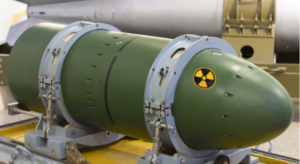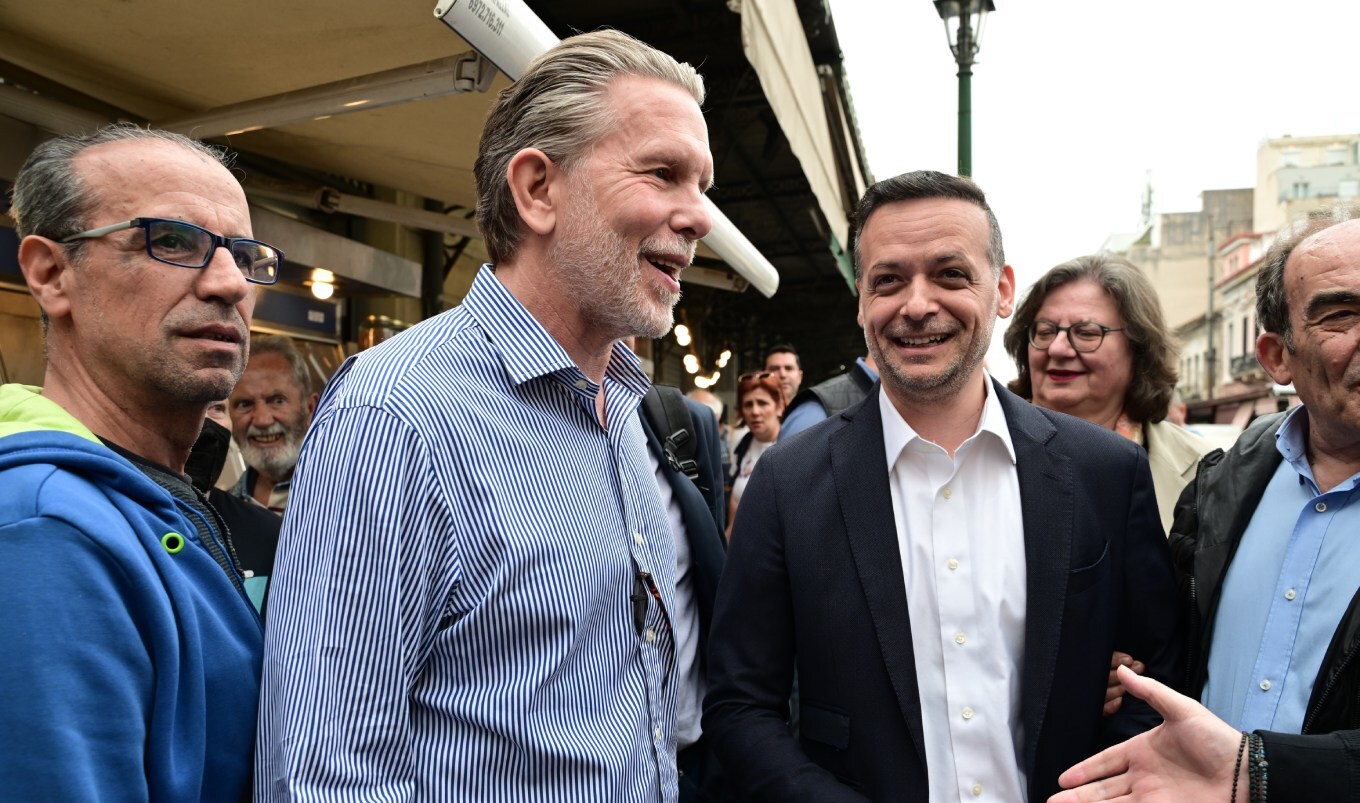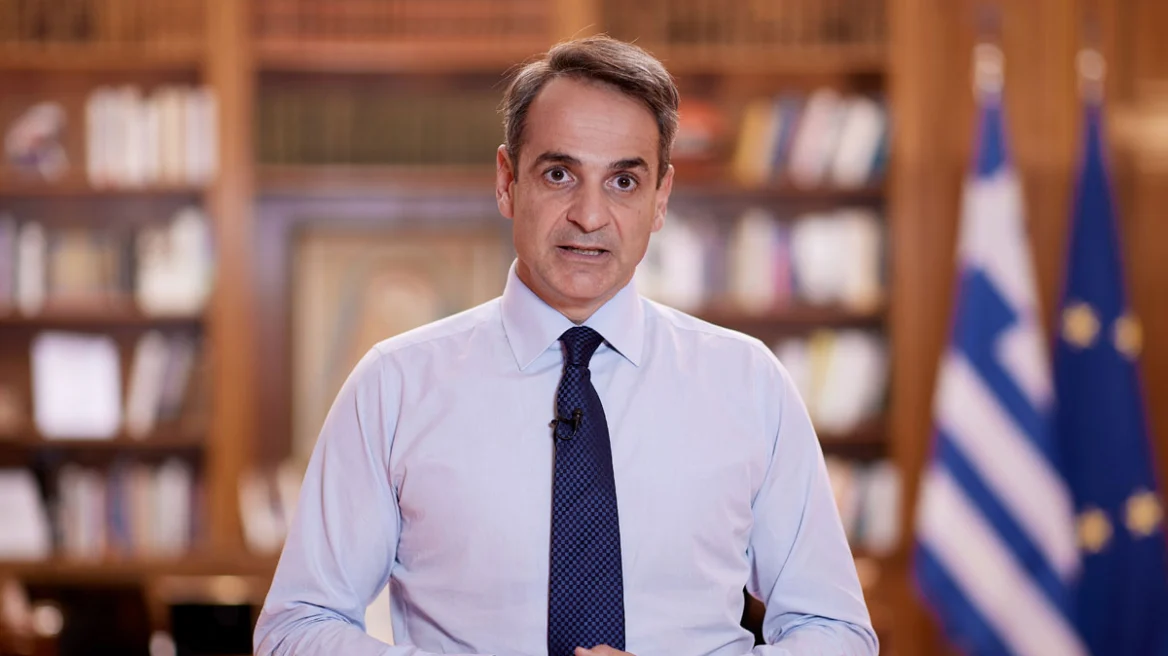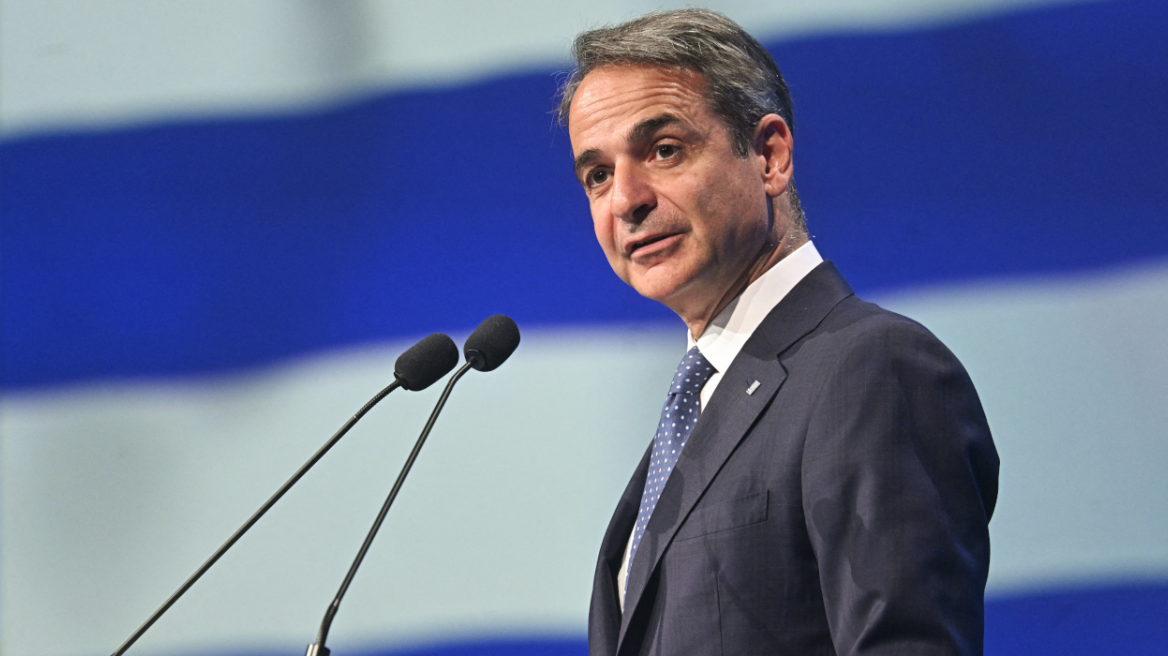Turkey’s Islamist President, Recep Tayyip Erdogan, has been militarily threatening a fellow NATO ally, Greece, using increasingly threatening language. He also proudly announced that Russian President Vladimir Putin has promised him to make Turkey an international natural gas hub, therefore selling his gas via Turkey, avoiding Western sanctions. What does Erdogan get in return? Huge American (and other Western) pats on the back.
“The most dangerous period for Greece,” Steven Cook from the Council on Foreign Relations wrote in the Greek daily Kathimerini, “is the period leading up to the elections, which Turkey is absolutely adamant on winning as he wants to be president for the 100th anniversary of Turkey’s democracy in 2023. He will use any means at his disposal and Greece is an issue that arises naturally in his planning. But the Aegean is very close to Turkey and the fighter jets of the two countries fly in very close proximity, so we cannot rule out an accident or a misunderstanding or a mistake.”
In September, Greek Defense Minister Nikos Panagiotopoulos visited the eastern Aegean island of Kastellorizo, some two kilometers off Turkey’s southern coast. This visit, according to Turkish Defense Minister Hulusi Akar was a “provocation.”
Family details horrific abuse at hands of female ISIS leader
“Seeing [the Greeks’] provocative behavior lately, we forgot that they know how to swim. If they cling to this mindset, knowing how to swim will come in handy,” Akar said. This logic needs an explanation. Why should the visit to a part of a sovereign state be a provocation against a neighboring country? Especially within the borders of NATO?
On October 6, President Erdoğan said that Greece should take his warnings seriously. He was resorting to the menacing rhetoric he had used in recent months, the same that had prompted the U.S. to urge the two NATO allies to negotiate. A month earlier, Erdoğan had fueled tensions in the Aegean Sea by saying that “we might come suddenly one night” – implying a military invasion of Greece.
Read more: Gatestone Institute
Ask me anything
Explore related questions





